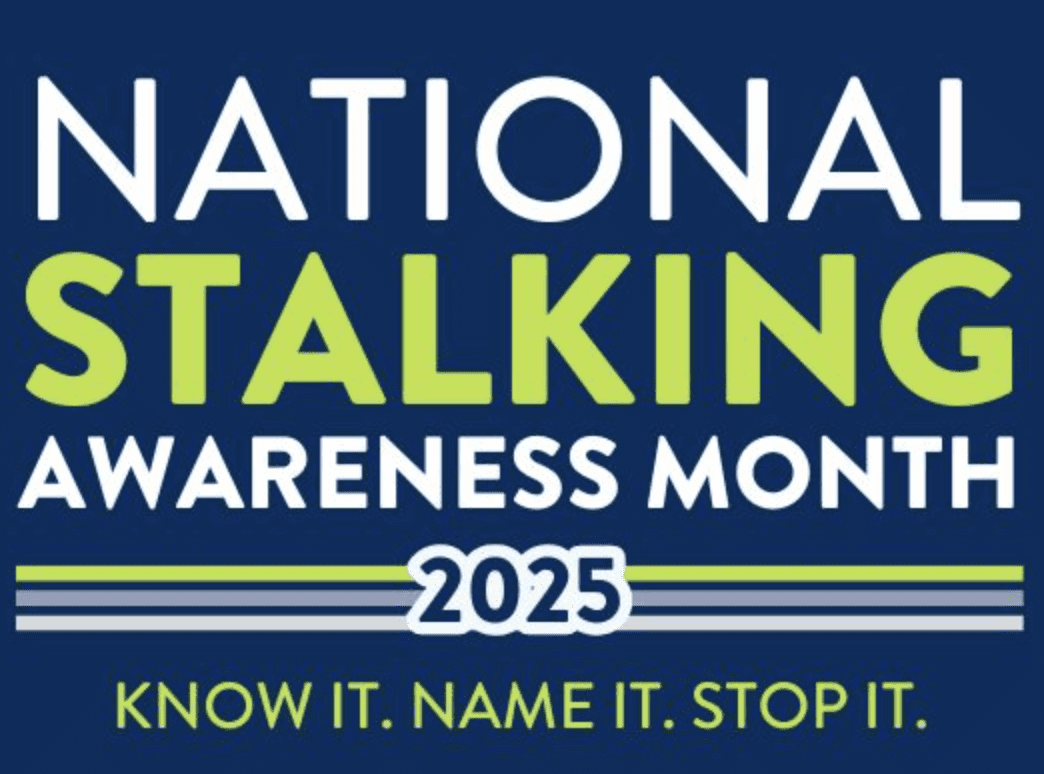By Claire McCarthy, M.D.
Tribune Media Services
Q: My 8-year-old daughter has a high fever and vomiting. Can I give her something to reduce her fever?
A: High fever and vomiting should always prompt a call to the doctor’s office.
I often suggest ibuprofen or acetaminophen to reduce fever. Both come in liquid and pills (including chewable pills); only acetaminophen comes in a suppository that can be put inside the rectum.
To help fever when a child has nausea or vomiting, I usually recommend one of the by-mouth preparations first, with a small amount of water. Ibuprofen can cause stomach irritation in some children – so if there’s a stomachache along with the vomiting, acetaminophen may be the better bet. If the medicine comes right back up, try a rectal suppository. If there is no vomiting for 30 minutes after the child takes the medication, there’s a reasonable chance that at least some of it has been absorbed.
If the fever still isn’t coming down or vomiting continues, call your doctor again.
Q: My 8-month-old daughter has seborrhea on her eyelids; they are very red and itchy. Is there anything I can put on her eyelids that will not hurt her eyes?
A: While it is not easy to make a diagnosis involving the skin without seeing it, what you describe could certainly be seborrhea (also known as seborrheic dermatitis). Seborrhea, which can start as early as a month of age, can cause yellow, crusty scales and flakes on the parts of the body that have hair, such as the eyebrows, eyelashes, and scalp. Less commonly, seborrhea looks like small red bumps (usually smaller than the pimples of acne) on other areas of skin, like the neck and shoulder.
Seborrhea often affects the eyelids, especially along the edges, which then can cause an itchy, irritated condition called blepharitis. While blepharitis tends to go away by itself with time and patience, there are some things you can try that won’t hurt your child’s eyes.
Keep the eyelids clean by wiping away dirt and dead skin cells. Mix a few drops of baby shampoo (the kind that doesn’t bother the eyes) with water. Moisten a washcloth or cotton swab to gently clean the eyelids at least once a day. Use warm compresses placed gently over the eyes for a few minutes three or four times a day to help open up blocked glands.
If cleaning and warm compresses aren’t enough, give your daughter’s doctor a call; sometimes eye ointments, eye drops, or even antibiotics taken by mouth are needed.
No one is sure what causes seborrhea. If the condition isn’t getting better, your doctor may refer you to a dermatologist (skin specialist) or ophthalmologist (eye specialist).
Claire McCarthy, M.D., is a senior medical editor for Harvard Health Publications. She is an instructor in pediatrics at Harvard Medical School, an attending physician at Children’s Hospital of Boston, and director of the pediatrics department at Martha Eliot Health Center, a neighborhood health service of Children’s Hospital. Dr. McCarthy is also a contributing editor for Parenting Magazine.
(For additional consumer health information, please visit www.health.harvard.edu.)
(c) 2007 PRESIDENT AND FELLOWS OF HARVARD COLLEGE. ALL RIGHTS RESERVED.
DISTRIBUTED BY TRIBUNE MEDIA SERVICES, INC.



